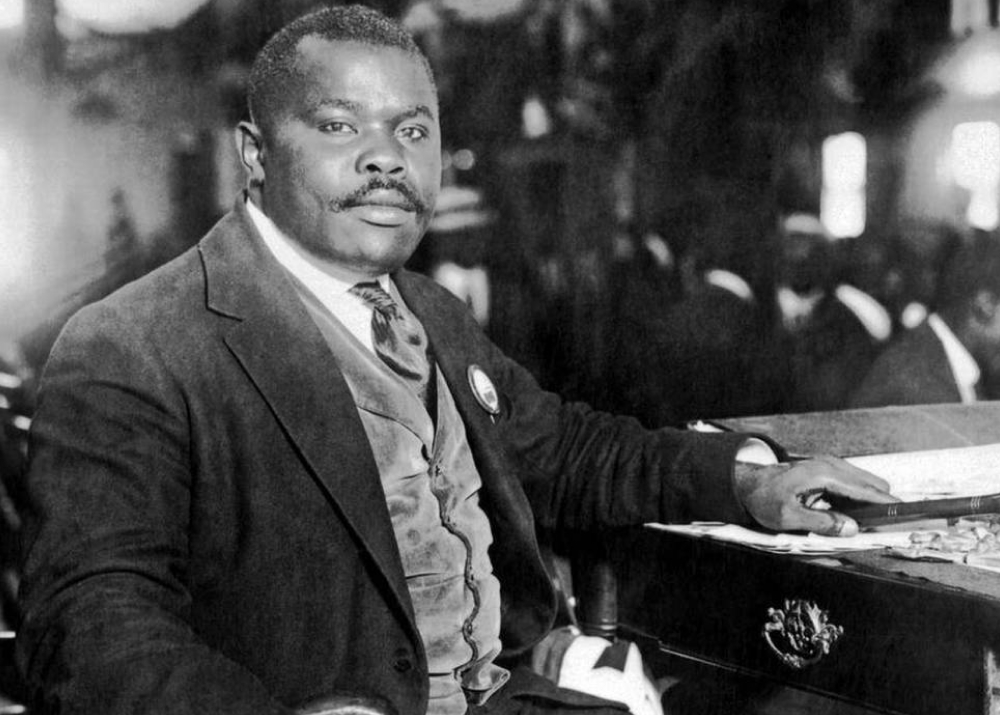
Marcus Garvey
Marcus Garvey and what came to be known as Garveyism is one of the earliest pan-African intellectual pursuits. Born in Jamaica in 1887, Marcus Garvey was a ferocious political activist, business man, journalist and orator. Founder and president of the Universal Negro Improvement Association and African Communities League or UNIA, Garvey would spend his career publishing papers like Negro World, making speeches and putting himself at the helm of a movement that argued to end colonial rule and unify the African diaspora. Though controversial and heavily criticized, there are few figures with such an impressive ambition, persuasive thought, and entrepreneurial spirit aimed at the elevating of Black peoples globally.
No man has produced a more renowned tribute to Marcus Garvey than that of Burning Spear. He dedicated two albums to his name including Marcus Garvey in 1975 and a dub version Garvey’s Ghost in 1976. Both are considered reggae masterpieces with a history of their own. The project is a calling card for deep roots reggae all stars including vocals from the Black Disciples, bassists Robbie Shakespeare and Aston Barrett, guitarists Earl “Chinna” Smith and Tony Chin, and drummer Leroy Wallace. Singer Burning Spear, a name co-opted from Jomo Kenyatta, the Mau Mau leader who later became the president of Kenya, was a devout Rastafari, historian and political activist. In the eponymous track “Marcus Garvey”, Burning Spear sets the prophetic tone, “Marcus Garvey’s words come to pass” finishing later by calling out “Bagga Wire” a chauffeur who was said to have betrayed Garvey as an FBI informant that led to his eventual arrest.
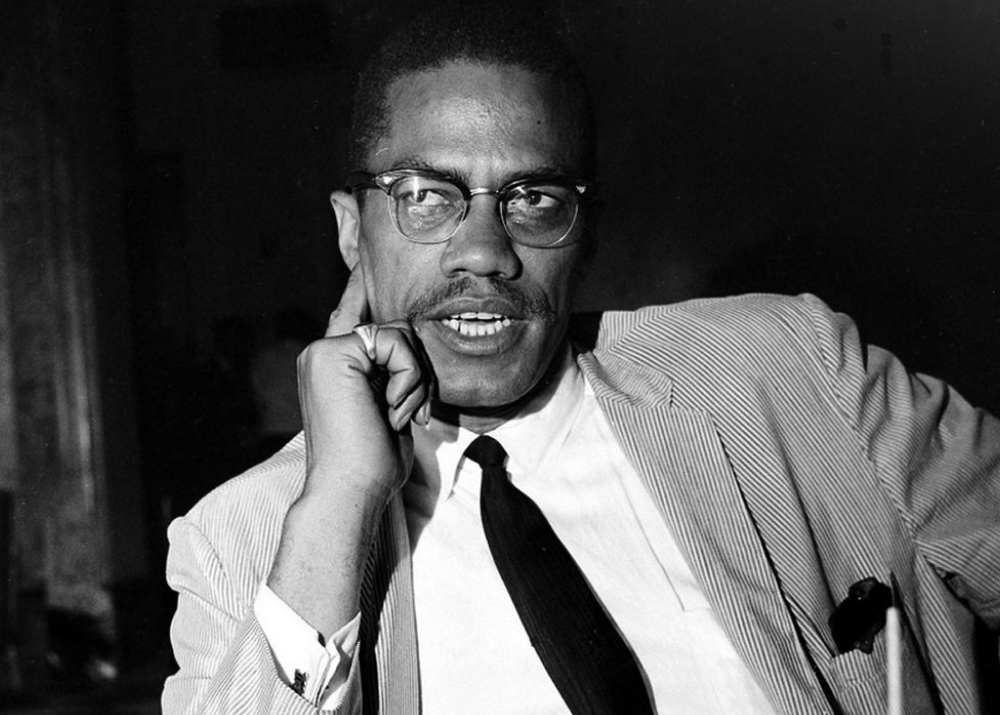
Malcolm X
Malcolm X, born Malcolm Little in 1925 Omaha, Nebraska, along with, though often in opposition to Dr. Martin Luther King, is one of the primary driving forces of the American Civil Rights Movement. Born to a Baptist preacher and activist mother, Malcolm’s parents were staunch supporters of Marcus Garvey and the UNIA. Although it took Malcolm some time to find his political wing, instead finding himself in prison for larceny at the age of 20. It was there that Malcolm developed a voracious appetite for books and discovered the Nation of Islam. After developping a correspondance with Elijah Mohammed, the leader of the Nation of Islam, Malcolm worked his way up the hierarchy as a vocal proponent of Black determinism. Malcolm gained popularity as a counter-offensive to the oppression and abuse of Black people in America, unafraid to use self defense, bear arms, and confront the “white devil”. Later in life Malcolm became dissilussioned with the Nation of Islam, continuing to advocate for the Black community with a softer touch though no less surveillance from the FBI. Malcolm was tragically assassinated on February 19th, 1965.
Composed by Miriam Makeba “Do You Remember Malcolm” is a fine ode to the life of Malcolm X by a singer who lived with the same dedication to a number of causes throughout her life, notably in her activism against apartheid. However, during her time in America, Makeba became close with the Black Power and Black militant movements that animated Malcolm X. Makeba spent her American years travelling with Henry Bellafonte to speak out against apartheid, raising money for Dr. King’s Southern Christian Leadership Conference, and entered into marriage with Trinidadian-American activist Stokely Carmichael who held a prominent role in the Black Panthers. In the single Makeba sings, “But for me in my heart Malcolm will live forever, Especially when I think about the blackness he reflected, I said especially when I think about all that he represented.” These words resonate again in a speech she made that crystalized the two’s mutual pan-African sensibility, “Africans who live everywhere should fight everywhere. The struggle is no different in South Africa, the streets of Chicago, Trinidad or Canada.”
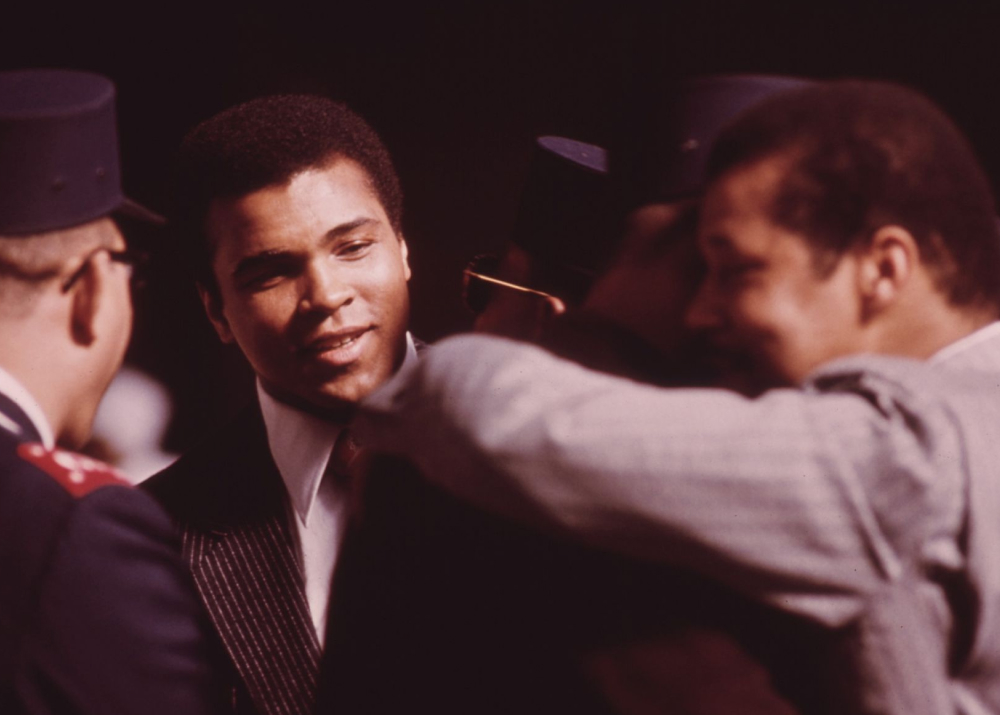
Mohammed Ali
Mohammed Ali is a figure larger than life. Gaining prominence for his skill in the ring, Ali quickly transcended his status as an athlete to become a voice of a generation. His activist career began when he refused to go to Vietnam after being drafted, considering himself a conscientious objector stemming from his faith in the Quran. From there, Ali became more and more vocal on matters of civil rights, Black empowerment, and US foreign policy. Using the tenants of civil disobedience Ali motivated a generation with the power of his skill and strength of his character.
Miles Davis was a big fan of boxing. This tribute to Mohammed Ali came out of an homage to another boxer via the Jack Johnson sessions. This outtake for Ali is a fine example of Miles’ electric period and though instrumental paints a funky and empowered picture of the boxer activist. Like Ali, this song, and Miles’ work, defied expectations. There’s an unstoppable charisma and undeniable skill that confronts white popular consciousness with a reckoning. How can one deny the skill of Ali in the ring? How can one ignore the virtuosity of Miles’ compositions? You can’t. For that, Mile’s track is a fitting tribute though perhaps the two political commitments and ethical bedrock were dissimilar to say the least. Nonetheless the two icons are figures of black excellence and shared an era where, for black people, being good wasn’t good enough, so they became great.
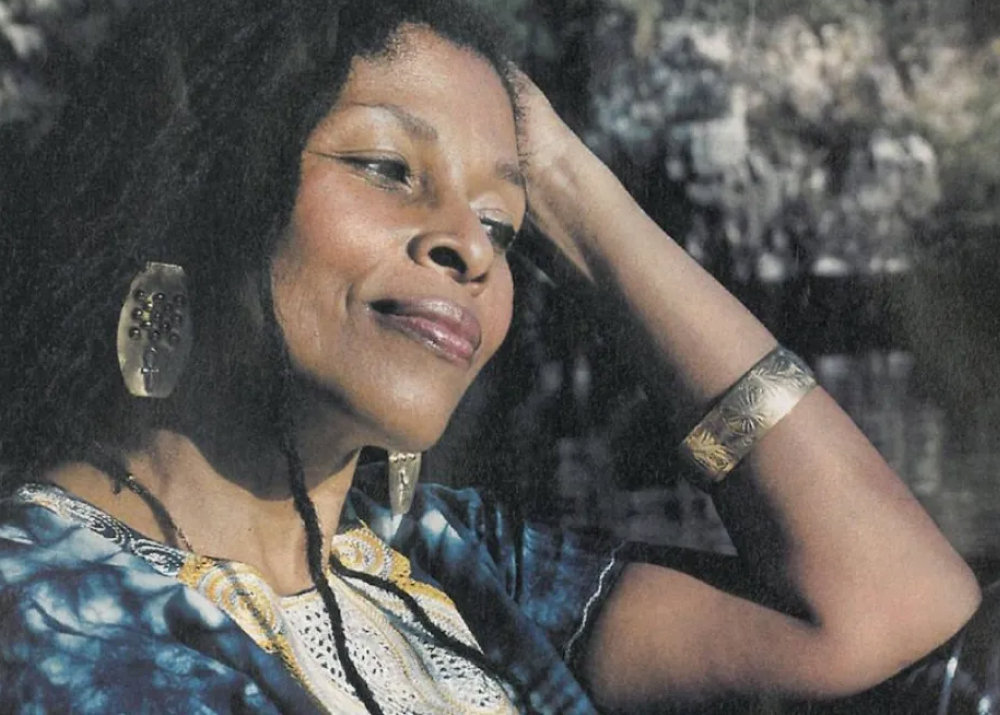
Assata Shakur
Assata Shakur is an activist caught in the crucible of history. Born in Queens, New York in 1942, Assata joined the Black Panther Party in Oakland, California just after graduating from college. She spent her time organizing the Free Breakfast Program for children, doing community outreach and preparing health clinics. After some time Assata rejected the BPP in favor of the Black Liberation Army (BLA) because of the BPP’s macho attitudes and view of gender roles. Things escalated in her BLA activities, a militant activist arm inspired by the Vietcong and the Algerian independence fighters of the Battle of Algiers. She was accused of armed robberies, got into a shootout in which she was shot, and culminated in a fateful encounter with New Jersey police on a turnpike that turned deadly. Shakur was arrested for murder and later escaped, evenutally fleeing to Cuba and writing her memoire defending her cause. Her militant engagements also clearly resonated with her nephew, Tupac Shakur, who carried the torch with his poetic raps.
Common has been Rap’s consciousness since his debut album Can I Borrow a Dollar? known then as Common Sense. He’s tackled institutional racism, the war on drugs, mass incarceration, and a gamut of issues that affect the African American community. It’s no surprise that in Common’s long discography he decided to speak power to Assata Shakur. “In the Spirit of God. In the Spirit of the Ancestors. In the Spirit of the Black Panthers. In the Spirit of Assata Shakur.” Common begins. Common goes on to tell the entire story of Assata from the fateful night of her arrest to the social fallout that followed. “I read this sister’s story, knew that it deserved a verse,” Common raps, “I wonder what would happen if that would’ve been me?”
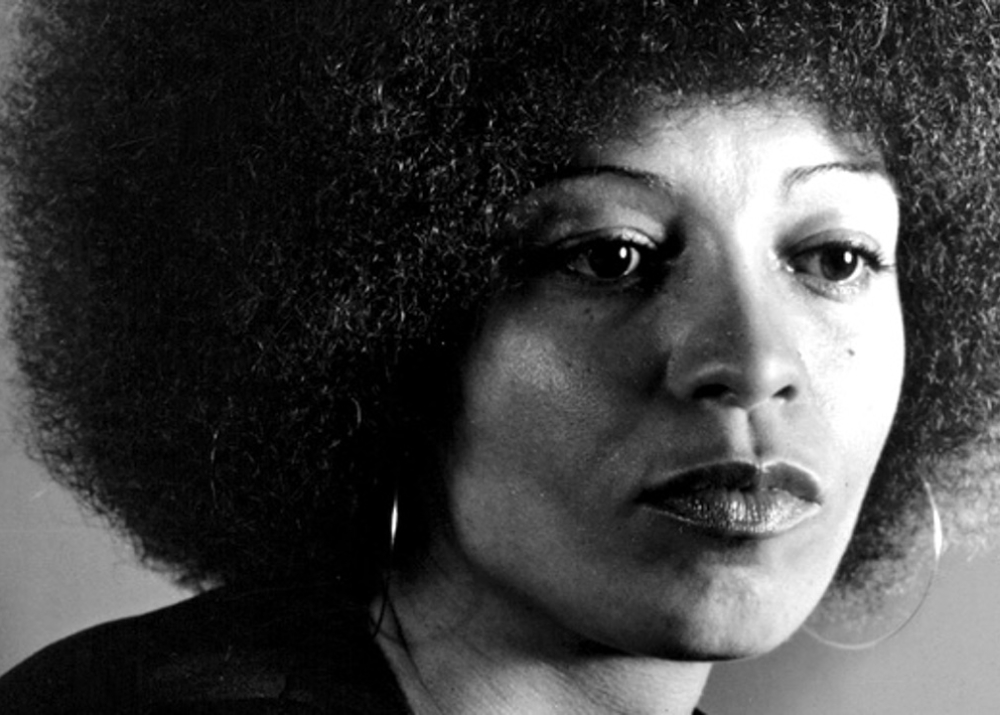
Angela Davis
Angela Davis is one of America’s foremost political activists and scholars. Beginning her career as a philosophy professor, Davis entered public discourse after the Marin County Civic Center attacks that turned deadly using a gun purchased by Davis. She was charged with murder in 1971, later to be found not guilty, and began her career in the public eye as a communist and anti-racist thinkier earning the Soviet Union’s Lenin Peace Prize. Angela Davis remains an important voice in the fight against institutional racism today.
The album notes of The Cairo Free Jazz Ensemble’s The Sun Ra Arkestra Meets Salah Ragab Plus The Cairo Jazz Band And The Cairo Free Jazz Ensemble – In Egypt read : “‘Music for Angela Davis’, in 1971 was a highly political issue. The outrages of the world’s paragon of democracy, as it was called, spread as far as Egypt. When I was composing the piece (using the musical possibilities contained in the letters of Angela Davis’ name) anger was the only driving force. I remember exactly how, immediately after having conducted this piece, I left the Nile Hall and drove my car round and round Cairo’s biggest square, the Tahrir, in order to calm down.” The anger and aggression is palpable in the group’s 13 minute free jazz interpretation and resolves with the same mystique and Angela Davis’ continued legacy.
Discover all of our Black History Month features.



